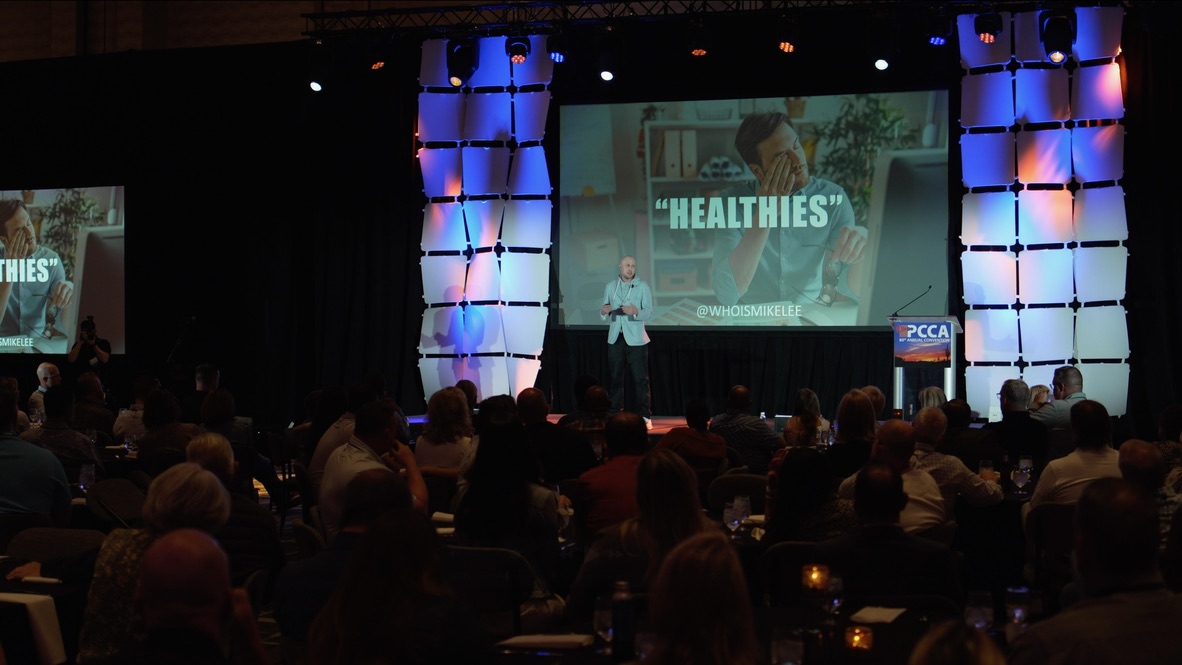Self-Awareness is the Foundation, But Situational and Relationship Awareness is Where Emotional Intelligence Lies
With business today characterized by constant change and complexity, leaders often hear about the importance of self-awareness. And rightfully so. Self-awareness is the cornerstone of personal growth, emotional intelligence, and effective leadership. It enables us to understand our strengths, weaknesses, triggers, and values—the building blocks of who we are. However, stopping at self-awareness limits our impact. To unlock true power in leadership and life, we must also cultivate situational awareness and relationship awareness.
Self-Awareness: The Launchpad for Leadership
Self-awareness is the gateway to intentionality. It allows us to operate from a place of clarity rather than reactivity. For example, consider an NBA player’s pre-game routine. They know their body, their mind, and what they need to perform at their best. Similarly, leaders who cultivate self-awareness can prepare themselves to face challenges with confidence and focus.
But self-awareness alone is not enough. In a high-stakes environment, whether it’s the boardroom or the basketball court, success is often determined by how well we read the room and connect with others. That’s where situational and relationship awareness comes into play.
Situational Leadership Awareness: Seeing the Bigger Picture
Situational awareness is the ability to perceive and interpret what is happening around you. It’s about understanding the dynamics of a moment, anticipating potential obstacles, and adjusting your approach accordingly. In today’s workplace, situational awareness is critical for navigating complexities like shifting market demands, technological disruptions, and generational differences within teams.
For example, in a 2023 study published in Harvard Business Review, researchers found that leaders who excel at situational awareness are 25% more likely to make effective decisions under pressure. This is because they are adept at identifying the nuances of a situation and leveraging that insight to guide their teams.
Practical strategies for enhancing situational awareness include:
- Observational Skills: Practice noticing subtle shifts and patterns in your people, processes, and market.
- Mindful Presence: Stay attuned to the present moment to avoid missing critical context.
- Scenario Planning: Think through “what if” scenarios to prepare for multiple outcomes.
Relationship Awareness: The Art of Connection
While situational awareness focuses on external factors, relationship awareness hones in on the human element. It’s the ability to deeply understand and empathize with the people you’re interacting with. This goes beyond superficial rapport-building — it’s about truly grasping what motivates others, what they fear, and how they prefer to communicate.
Relationship awareness is the linchpin of trust and collaboration. Research from the Journal of Organizational Behaviors shows that teams with leaders who demonstrate high relationship awareness outperform others by 30% in metrics like innovation, productivity, and employee satisfaction.
To build relationship awareness we need to practice:
- Active Listening: Truly hear what others are saying without formulating your response prematurely.
- Empathy Mapping: Consider others’ perspectives, emotions, and needs.
- Feedback Loops: Create a culture of open dialogue to better understand how your actions impact others.
The Synergy of Leadership Awareness
When self-awareness, situational awareness, and relationship awareness come together, they create a powerful synergy. Consider a high-performing CEO who not only understands their own stress triggers but also knows how to read the energy of their people and connect with each external stakeholder.
Applying This Framework in Your Leadership Journey
If you’re ready to move beyond foundational self-awareness, here are some actionable steps:
- Start with Reflection: Use journaling or mindfulness practices to deepen your self-awareness.
- Engage in Environmental Scanning: Regularly assess your workplace dynamics and the external forces influencing your organization.
- Invest in Relationships: Prioritize one-on-one conversations with team members to better understand their perspectives and dreams — personally and professionally.
Self-awareness may be the foundation of emotional intelligence, but situational and relationship awareness is how we extend EQ for impact at scale. By cultivating all three, you can elevate your leadership influence and truly unlock the power that lies in understanding yourself, your environment, and your connection with others.





